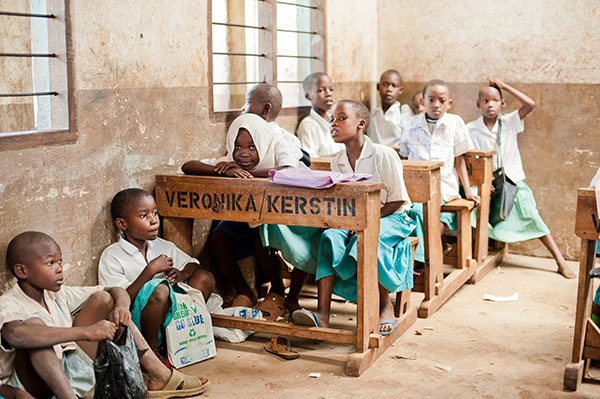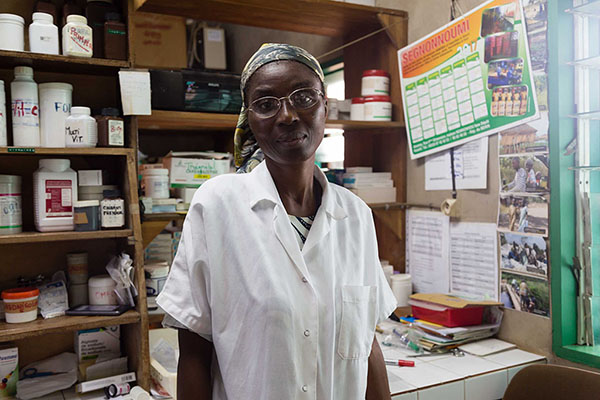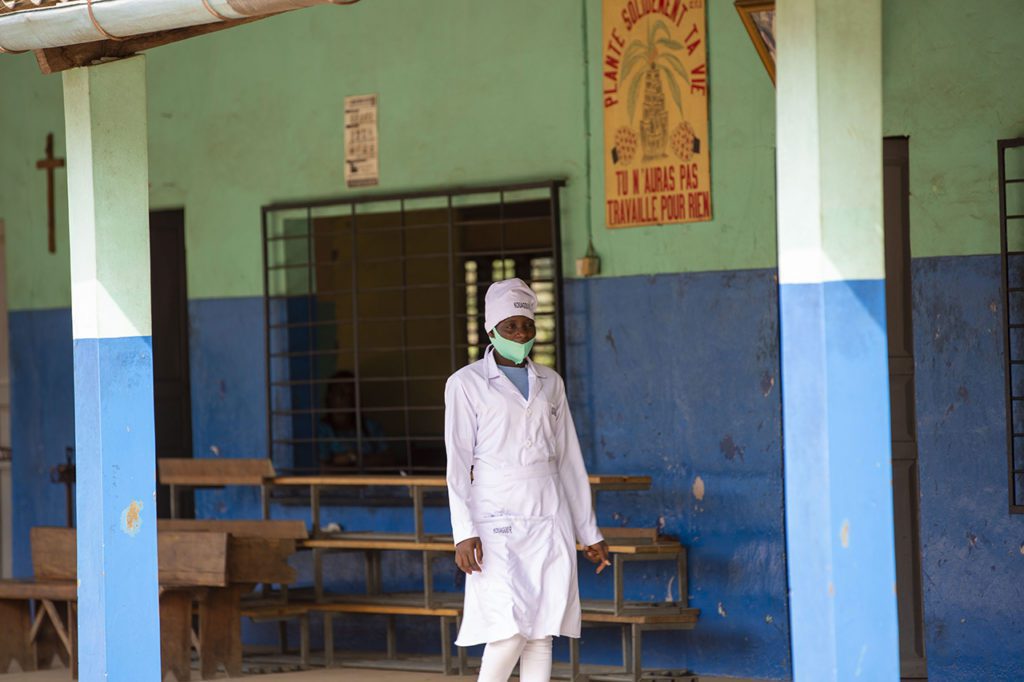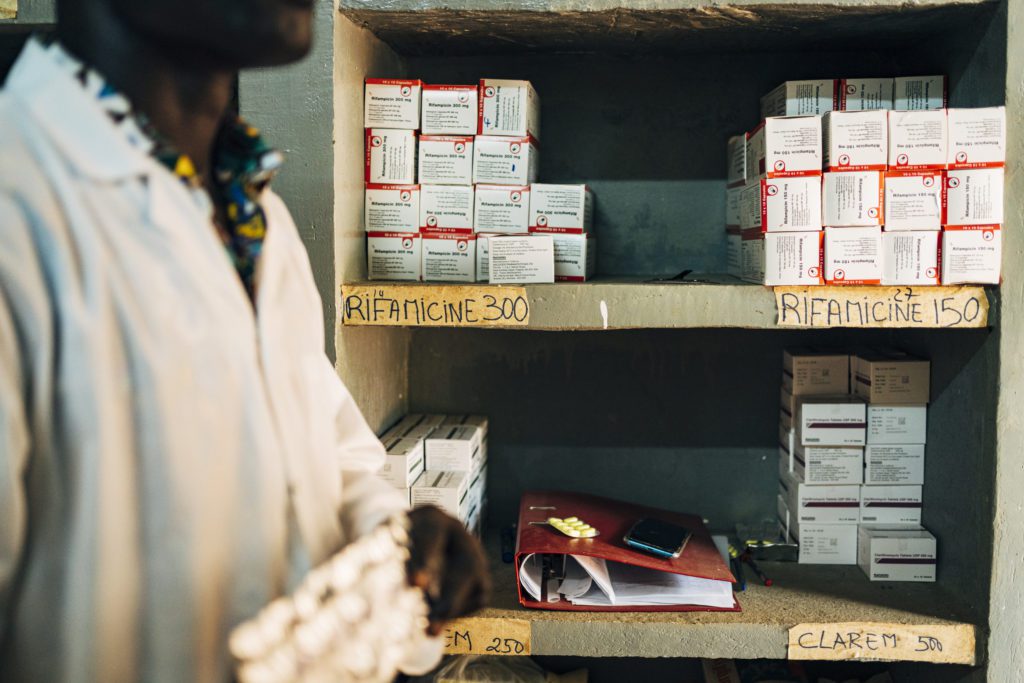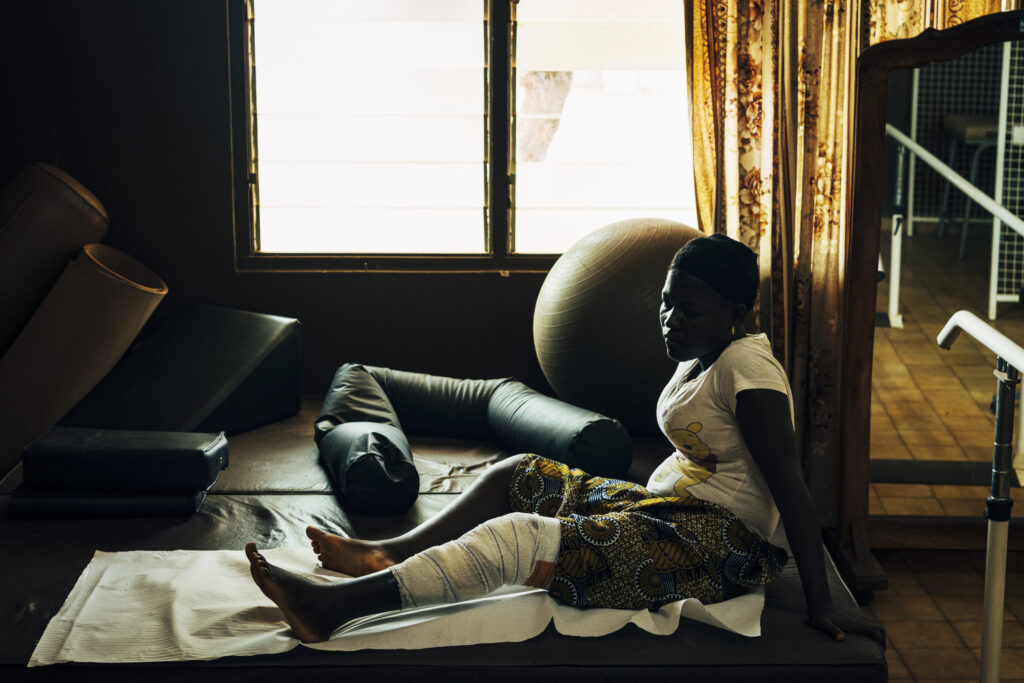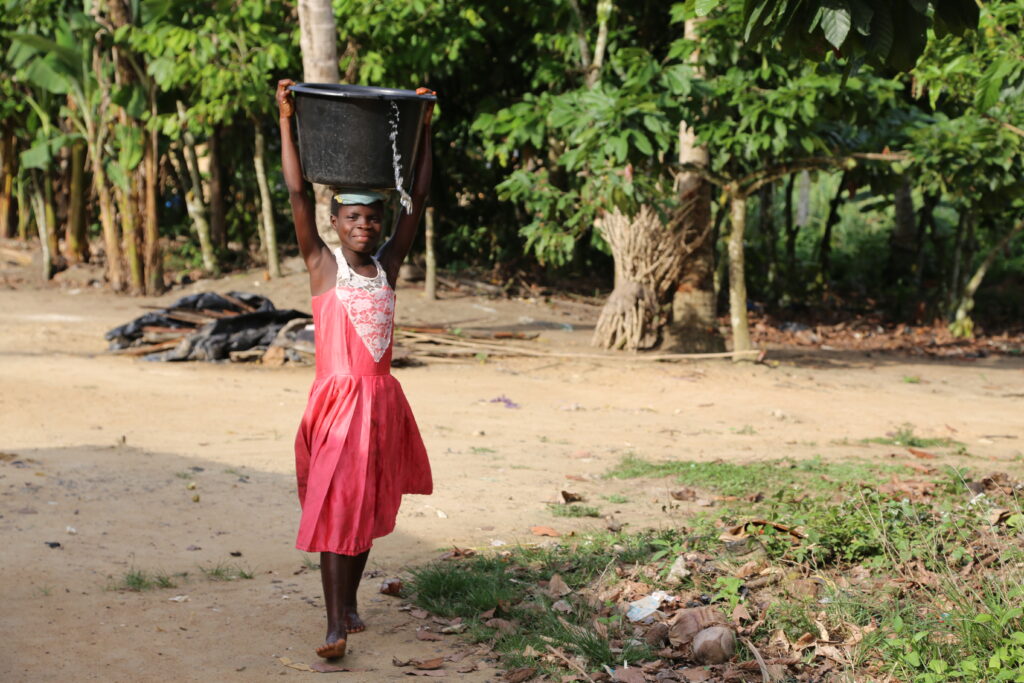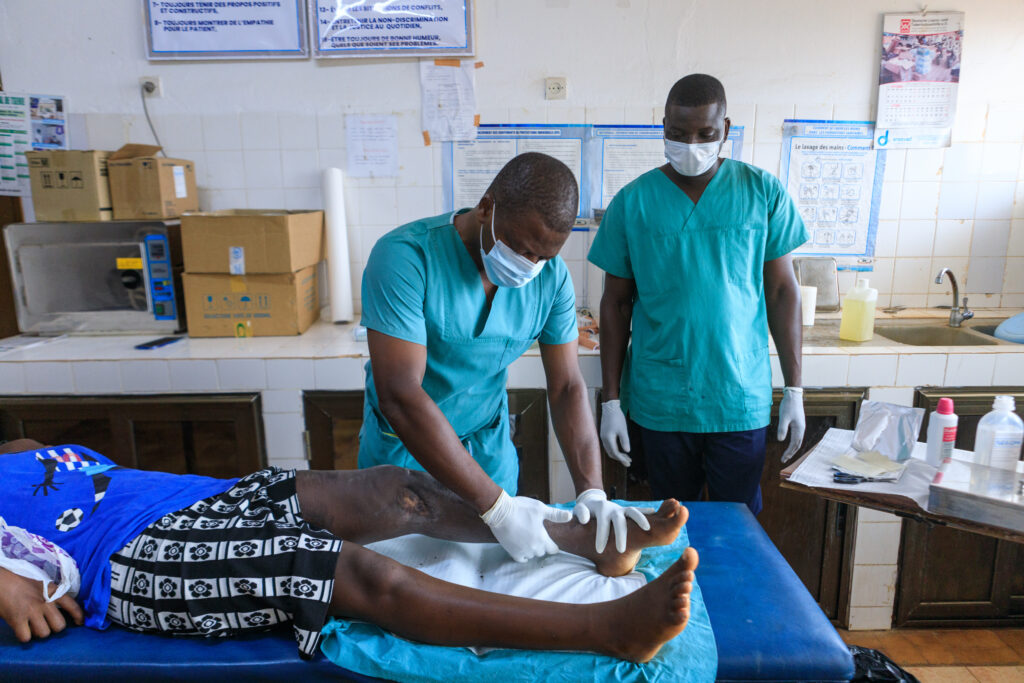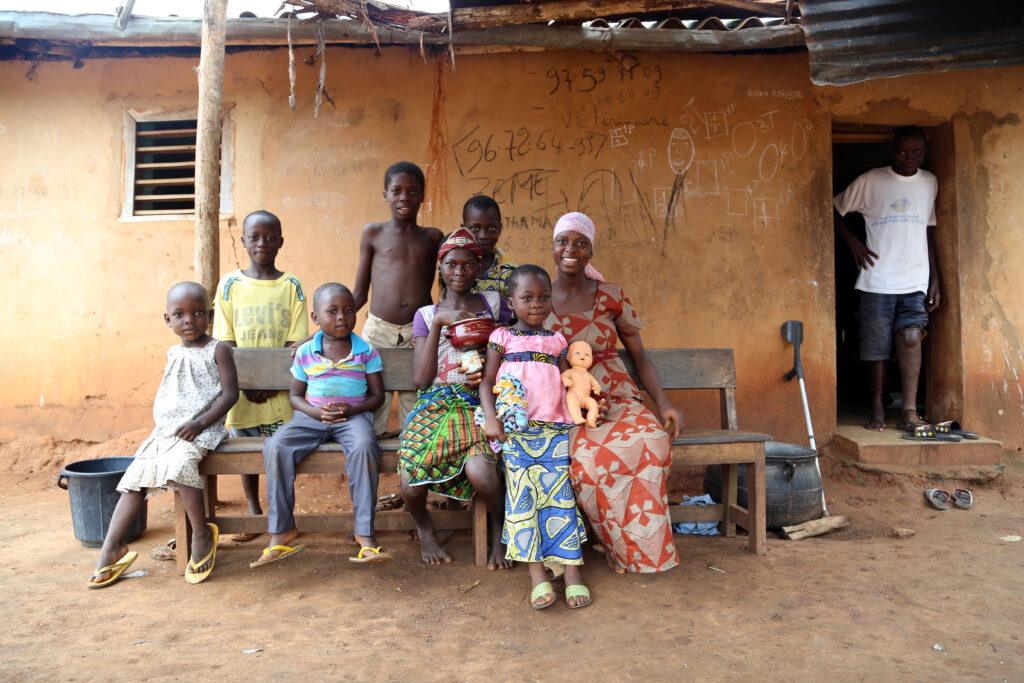A New Clinical Study to Improve the Treatment of Leprosy and Prevent its Harmful Side Effects
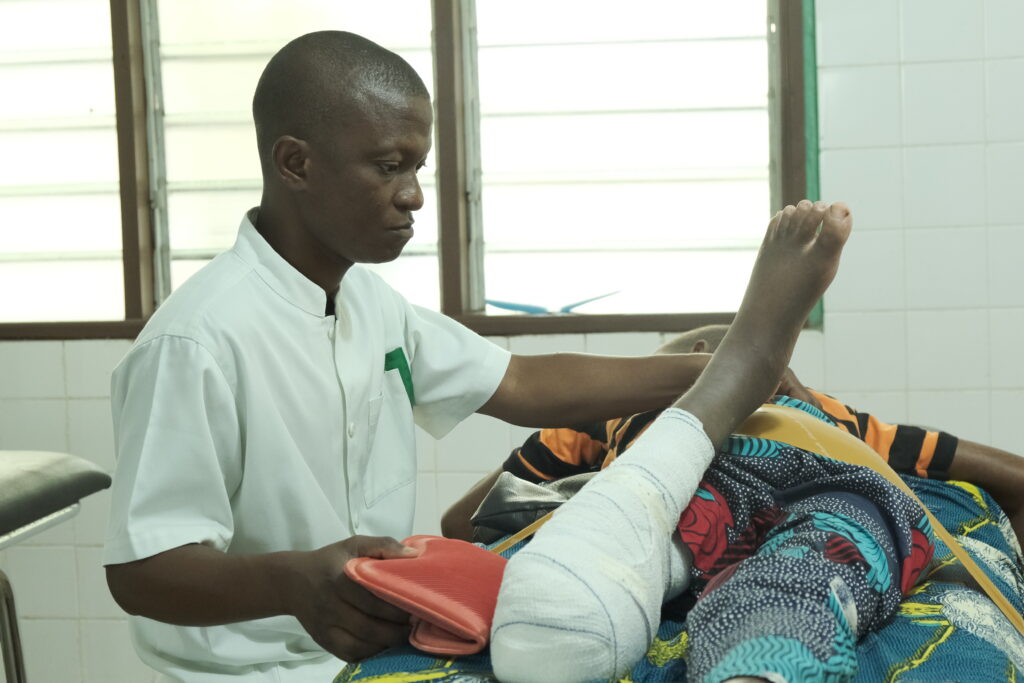
- Côte d'Ivoire, Benin, Madagascar Country
- 866.743,70 € Investment
- 2022-26 Length
The Challenge
Hansen’s disease, also known as leprosy, is a chronic infectious Neglected Tropical Disease which can, in addition – if not treated correctly – lead to a series of disabilities and can result in rejection and stigma for sufferers.
Currently, the treatment available for one of the most common complications – erythema nodosum leprosum (ENL) – can lead to serious long-term side effects and is of limited effectiveness. The main goal of this project, therefore, is precisely to improve the treatment.
The solution
To do so, a clinical trial will be conducted together with Medicines Development for Global Health (MDGH) and the Raoul Follereau Foundation.
It will be carried out in a number of research centres in various countries and its aim will be to assess the effectiveness and safety of an innovative treatment for ENL called CC-11050. If the study proves successful, it will improve the protocol for dealing with these cases of leprosy.
Impact
Via this study, we will enhance capacity-building, strengthen active integrated case detection, as well as enable early detection and accurate diagnoses. It will also have an indirect impact on the healthcare system and community healthcare networks.
Related projects
See other projects where we fight Neglected Tropical Diseases













